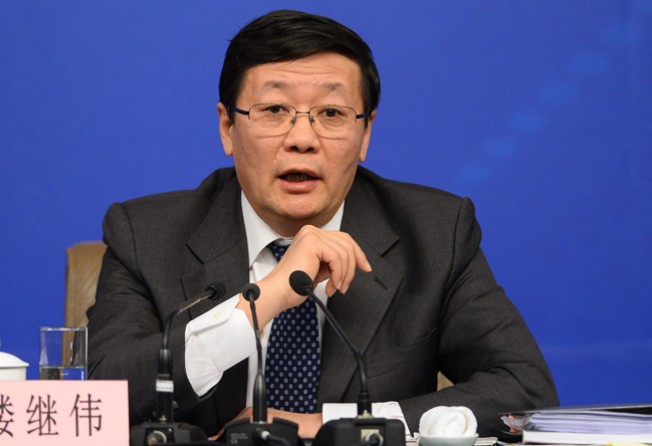China steps up fight against tax evasion with new regulations on multinationals

Mainland authorities are targeting tax evasion by multinationals, implementing new regulations aimed at "unreasonable" payments such as for service and royalties to overseas related parties.
"The tax administration's nationwide audit has discovered instances of multinationals in China making unreasonable payments to related parties overseas, causing the erosion of our tax base and the loss of tax revenue," the Chinese State Administration of Taxation said when announcing the new regulations, which took effect on Wednesday.
"The tax administration has strengthened its management of transfer pricing of external payments, promulgating yet another policy to combat international tax evasion to implement the BEPS [Base Erosion Profit Shifting] action plan," said the tax bureau's website.
Transfer pricing is the setting of the price of goods and services traded between related subsidiaries of a company. Since 2013, nations belonging to the Group of 20, including China, have endorsed BEPS.
Patrick Yip, a national financial services tax leader at Deloitte Touche Tohmatsu, said: "This is an important announcement, since the BEPS principles are now clearly enshrined in China's transfer pricing regime, and specific scenarios, which are common with multinationals, are now categorised as abusive."
Under the new policy, payments included those for service and royalties, Yip explained.
The new policy - which is in line with the G20 and Organisation for Economic Cooperation and Development BEPS plan to fight international tax evasion - stipulates that payments by companies to related parties overseas must be conducted at arm's length. It defines four types of unreasonable payments to overseas related parties that are not at arm's length.
They are payments to parties with no ability to execute and without actual business operations; labour service payments that do not bring economic benefits to the company; royalties that have only intangible assets but do not add value; and royalties for fringe benefits from capital- market financing activities.
However, it was challenging to judge whether a related party had created genuine benefit for the company to justify payment, Yip said. Multinationals making legitimate and fair payments to related parties may suffer collateral damage from this policy.
The new policy pointed out the possibility of transactions that were not at arm's length, plugs loopholes in tax collection, and increased the honouring of tax obligations, said Li Fangfu, the head of the tax research institute at the tax administration.
This Chinese measure comes days after the European Union, Britain and Australia announced new policies to fight international tax evasion.